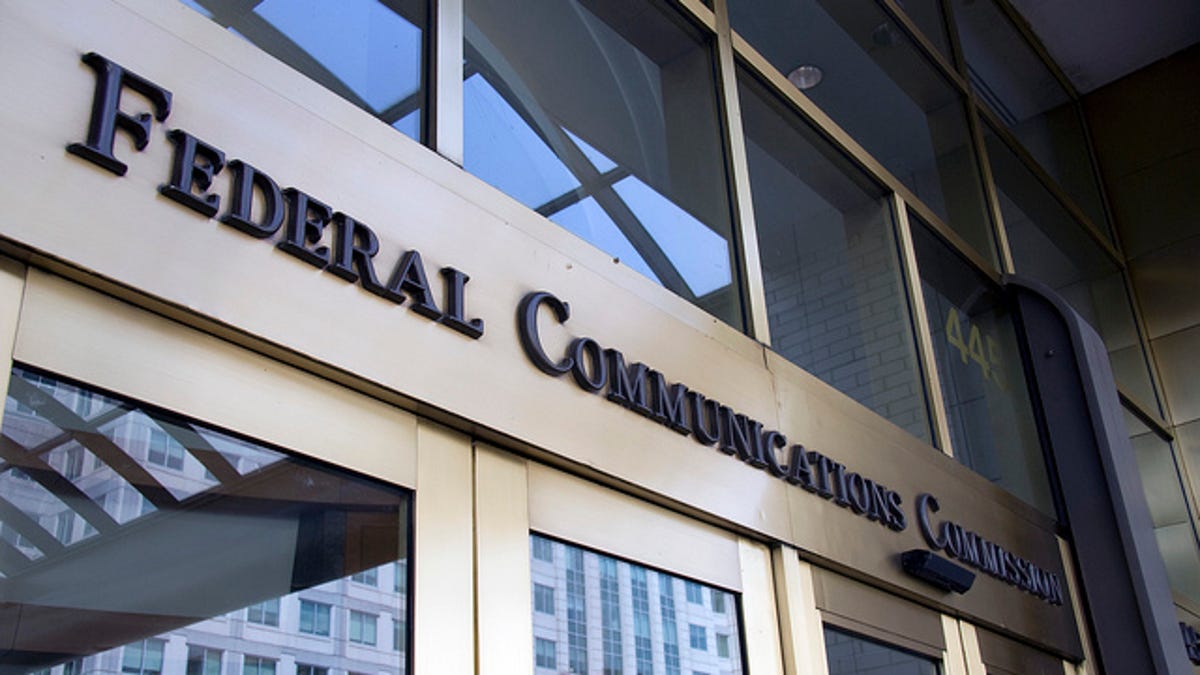FCC gets tough on China amid security concerns
The agency says all carriers that get US government subsidies and use Chinese telecom equipment must replace their gear.

The US Federal Communications Commission on Thursday ordered broadband and wireless companies in the states to remove all equipment from Chinese manufacturers, such as Huawei and ZTE , that could pose national security risks. It also affirmed the agency's designation of Huawei as a national security threat. And the agency began a process to revoke China Telecom's authorization to operate in the US.
The moves are all part of a greater effort by the United States government to crack down on China's role in US telecommunications, amid worry that equipment or services operated by Chinese companies with close ties to the Chinese government could be used for espionage against Americans.
The FCC voted 5-0 to establish a list of equipment that should be removed from US networks that receive government subsidies. It also set up a program to reimburse carriers for replacing gear that's suspected of being a security threat. This program will begin once Congress allocates the $1.6 billion promised in legislation that became law in March.
The FCC said the mandate to remove the identified equipment will apply to broadband, phone and wireless companies that take federal subsidies.
In a separate vote, the agency also decided to revoke China Telecom's authorization to operate in the US, citing concerns that the Chinese-owned telecommunications operator would be forced to comply with requests for information made by the government in China. China Telecom is the largest Chinese telecommunications company and has been authorized to provide services in the US for nearly 20 years. The FCC also affirmed its designation of Huawei as a national security threat.
All this attention on national security issues and China comes as President Donald Trump's administration wrangles with China over its trade policies and handling of the coronavirus. National security agencies have warned of the dangers of using gear from China's Huawei and ZTE. They've also warned against allowing Chinese telecommunications companies to have operations in the US. Politicians on Capitol Hill have been sounding the alarm, too.
In June, the FCC officially classified Huawei and ZTE as national security threats, though since 2019, the agency has barred carriers from using its $8.3 billion a year Universal Service Fund to purchase equipment from the two Chinese tech giants. Huawei appealed that designation. But the FCC voted on Thursday to affirm it.
"The record on this is clear," FCC Commissioner Brendan Carr, a Republican, said in a statement. "The Chinese government intends to surveil persons within our borders, for government security, for spying advantage, as well as for intellectual property and an industrial or business edge."
Small rural carriers are affected most by the restrictions on Chinese gear. It's widely recognized that these companies will need the most help in ripping out and replacing gear from these manufacturers.
The FCC estimates that several dozen rural carriers that have accepted government subsidies to build their networks use equipment from Huawei or ZTE. It says it'll cost each firm from $40 million to $45 million to replace the gear, putting the total estimate at around $1.8 billion to remove and replace Huawei and ZTE equipment that's in US telecommunications networks receiving federal funds.
Trump signed legislation in March that stops carriers from using government funds to buy network equipment from Huawei and ZTE. The legislation also says it'll provide a fund to help reimburse carriers for the expense of ripping out and replacing gear.
The US, UK and Australia have all banned Huawei from providing 5G technology for their respective wireless networks because of worries that Huawei has close ties with the Chinese government. Huawei has repeatedly denied that charge.
The FCC has also had its eye on shutting out Chinese telecommunications providers from operating in the US amid similar security concerns. In May 2019, the FCC voted unanimously to deny another state-owned Chinese telecommunications company, China Mobile, from offering service in the US.
In April of this year, the US Justice Department called on the FCC to revoke China Telecom's authorization to operate in the US.
Security concerns
The main issue with both the Chinese telecom equipment makers as well as the Chinese telecom providers is their cozy relationships with the Chinese government. National security officials fear that equipment could be used to spy on other countries and companies or that telecom providers could be forced to intercept communications and share them with the Chinese government.
One concern is over a Chinese law that requires companies to comply with requests from intelligence services and to not disclose them to any third parties, a situation that could put communications networks around the world in jeopardy.
Huawei and other Chinese-owned companies have long denied that their gear or services could be used to spy or to compromise US security.

